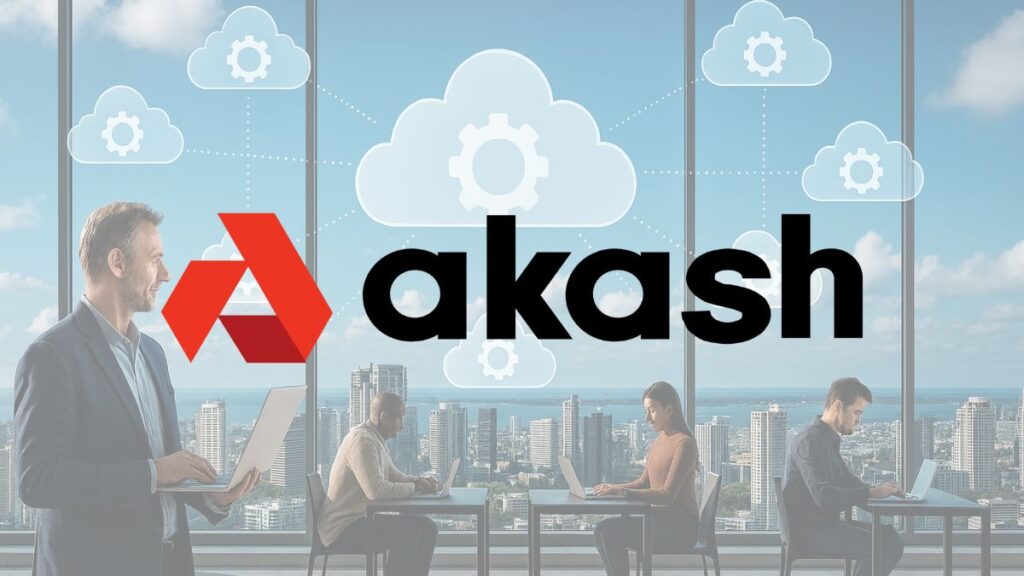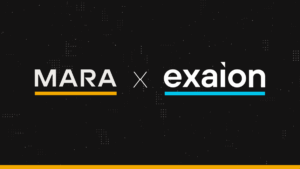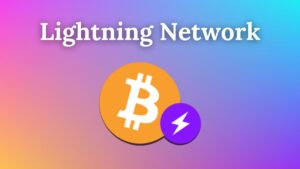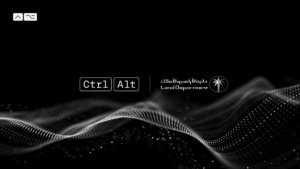Akash Network emerges as a bold narrative in the blockchain space, symbolizing innovation and decentralization. Its presence reflects a growing demand for alternatives to traditional digital infrastructure. By capturing attention across global markets, Akash represents momentum toward reshaping how communities envision access, collaboration, and economic participation in technology.
What is Akash Network

A decentralized cloud narrative
Akash Network is a decentralized marketplace for cloud computing that reframes infrastructure as an open, permissionless arena rather than a walled garden. By spotlighting choice, transparency, and market-driven access, it positions itself as a credible alternative to legacy providers. The project’s narrative centers on empowering builders to discover capacity and publish workloads through a fair marketplace ethos. For audiences exploring digital infrastructure, Akash represents a shift toward user sovereignty and competitive discovery across global supply.
Accessibility and inclusion
Akash Network emphasizes global accessibility by connecting demand with a broad, diverse supply of computing resources. This orientation favors cost awareness and flexible choice, allowing organizations to adapt decisions to budgets, geographies, and timelines. The marketplace lens highlights practical benefits: broader capacity discovery, iterative scaling, and resilience through distributed providers.
For builders and teams, Akash’s focus on openness invites experimentation without cumbersome commitments, promoting inclusive participation and pragmatic growth as needs evolve across projects and markets.
Community governance and trust
Akash Network anchors its identity in community governance, public dialogue, and collaborative stewardship. By elevating contributor voices and transparent processes, the project nurtures accountability and credibility across its ecosystem. This stance differentiates Akash from traditional cloud brands, where decisions often concentrate at the top. Here, engagement, documentation, and shared road-mapping encourage stakeholder alignment and durable trust. For observers of web3 infrastructure, the emphasis on openness signals long-term resilience shaped by participants rather than gatekeepers and stewards.
The native token AKT
Akash Network’s native digital asset, AKT, is referenced as the economic unit supporting participation and marketplace activity. Without entering technical specifics, readers should note that AKT underpins incentives and exchange across the ecosystem. Its presence reinforces the project’s market-oriented identity and connects economic utility with the broader values of decentralization and openness. In brief, acknowledging AKT provides clarity about Akash’s brand and positioning while keeping focus on the service vision rather than design details for readers.
How Does Akash Network Work?

Reverse-Auction Marketplace
Akash Network operates through a reverse-auction model, where providers of computing resources compete to offer the lowest price to users. This mechanism ensures cost efficiency and transparency, allowing developers and enterprises to access affordable infrastructure without hidden fees. Unlike traditional procurement, the auction system empowers users to select from multiple bids, fostering competitive dynamics that naturally drive down costs while maintaining service quality.
Leasing Idle Resources
Akash Network enables individuals and organizations to lease unused computing capacity, particularly GPU power, to those who need it. This approach transforms idle infrastructure into productive assets, creating new revenue streams for providers while expanding access for users. By monetizing underutilized resources, Akash contributes to greater efficiency in the digital economy, reducing waste and maximizing the value of existing hardware investments.
Smart Contracts and Security
Transactions within the Akash Network are governed by smart contracts, which automate agreements between providers and users. These contracts ensure secure, verifiable, and tamper-resistant interactions, eliminating the need for intermediaries. The reliance on blockchain technology guarantees that terms are enforced transparently, building trust between participants. This framework not only secures payments but also validates resource allocation, reinforcing the reliability of the decentralized marketplace.
Ecosystem Incentives
Akash Network sustains its ecosystem through incentive structures that reward participation. Providers earn compensation for offering resources, while users benefit from competitive pricing. The system’s design encourages continuous engagement and growth, aligning interests across stakeholders. By embedding incentives directly into its operational model, Akash fosters a self-sustaining environment where supply and demand balance naturally. This dynamic ensures scalability and adaptability as the network expands to meet evolving computational needs.
What is the AKT Token?

Utility and Core Purpose
The AKT token is the native cryptocurrency of the Akash Network, serving as the backbone of its decentralized marketplace. It is used to facilitate transactions between providers and users, ensuring smooth economic activity across the ecosystem. Beyond payments, AKT also plays a role in staking and governance, allowing participants to secure the network and influence decision-making.
By embedding utility directly into the token, Akash ensures that AKT is more than a speculative asset; it is a functional instrument that sustains the marketplace’s operations and aligns incentives among stakeholders.
Economic Model and Incentives
AKT operates within a market-driven economic model, rewarding providers who lease computing resources and enabling users to access affordable infrastructure. Staking AKT contributes to network security while simultaneously generating rewards for holders. This dual function creates a balanced incentive structure, encouraging long-term participation and stability. The token’s design reflects Akash’s broader mission of decentralization, where economic activity is distributed across a diverse set of contributors rather than concentrated in a few entities.
Is the AKT Token a Good Investment?
From an investment perspective, AKT offers exposure to the growing demand for decentralized cloud services. Its value proposition is tied to the adoption of the Akash marketplace, meaning that increased usage can drive demand for the token. However, like all cryptocurrencies, AKT is subject to market volatility and regulatory uncertainty, which investors must carefully consider.
While its utility provides a foundation for long-term relevance, the token’s price performance depends on broader ecosystem growth and competitive positioning within the blockchain infrastructure sector.
Market Position and Outlook
AKT has established itself as a key asset within the decentralized infrastructure space, supported by listings on major exchanges and integration with wallets. Its outlook depends on Akash’s ability to expand partnerships, attract developers, and scale adoption. As decentralized computing gains traction, AKT’s role as a medium of exchange and governance tool may strengthen, reinforcing its importance in the evolving digital economy.
Conclusion
Akash Network distinguishes itself through decentralized governance, competitive resource allocation, and the utility of its native token AKT. By enabling affordable access, fostering community trust, and sustaining incentives, it positions itself as a key player in decentralized infrastructure, reinforcing resilience and adaptability within the evolving digital economy.










